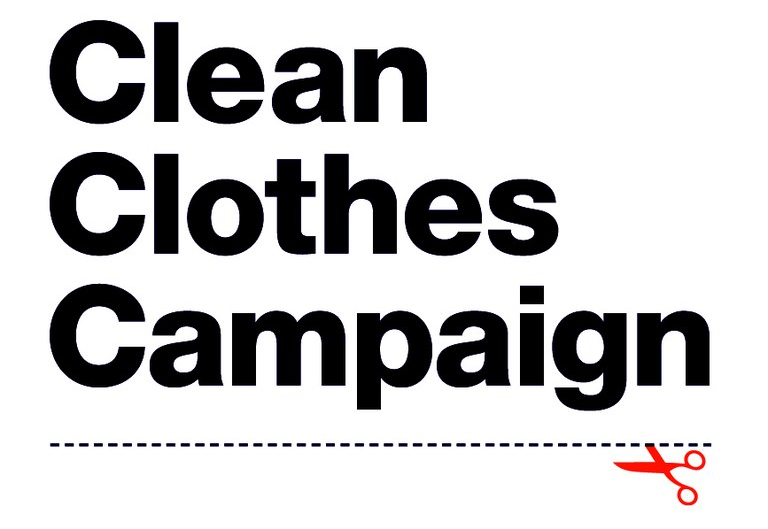Health and Safety: Getting sick and risking lives
It was terrible; suddenly the entire floor filled up with fire and smoke and the heat was so intense that we rushed towards the windows, broke the steel grills and the glass and jumped out. • Mohammad, 32, survivor of a factory fire in Pakistan
The current state of health and safety conditions in most garment factories are extremely low. Long hours of repetitive work often lead to undiagnosed injuries. There is often no clean drinking water available and workers are often not permitted to use the toilet.
The most pressing health issues for garment workers are related to the extremely long workdays. Poor ergonomics combined with long hours and the constant pressure to meet production quotas lead to eyestrain, fatigue and injuries that often go untreated. Rather than preventing injuries, managers routinely ignore complaints of pain and discomfort, and fire workers who can no longer keep up with the pace of production.
Workers not only get sick, but they also risk their lives. Working with chemicals and machines without proper protection can be very dangerous and sometimes fatal. Sandblasting jeans to give denim that worn look can cause an acute form of the deadly lung disease silicosis. The practice puts the lives of thousands of sandblasting operators at serious risk
In Bangladesh, over one thousand people have died in the garment factories since 1990. Most of them died in stampedes because workers found themselves trapped in factories with inadequate emergency exits. Many factories do not have emergency drills and many factories have no emergency exits. Some factory owners actually lock the exits in order to ensure that the work continues until an order is completed. In many instances, material is found blocking essential exits or chemicals are stored in corridors and doorways. In some countries, factories are located in buildings that were not designed for industrial purposes or were poorly constructed thus increasing the risk of a disastrous collapse. When a tragedy of this nature hits a factory, many of its workers and their families often go under- or uncompensated. This is a result of poor registration practices, lengthy procedures and inadequate communication.
